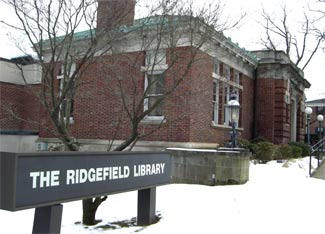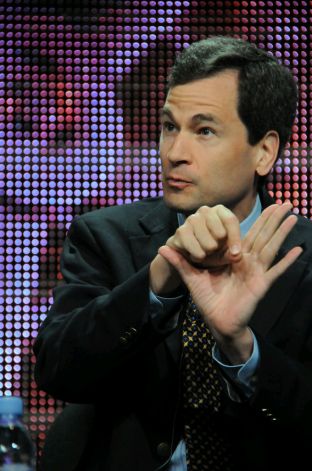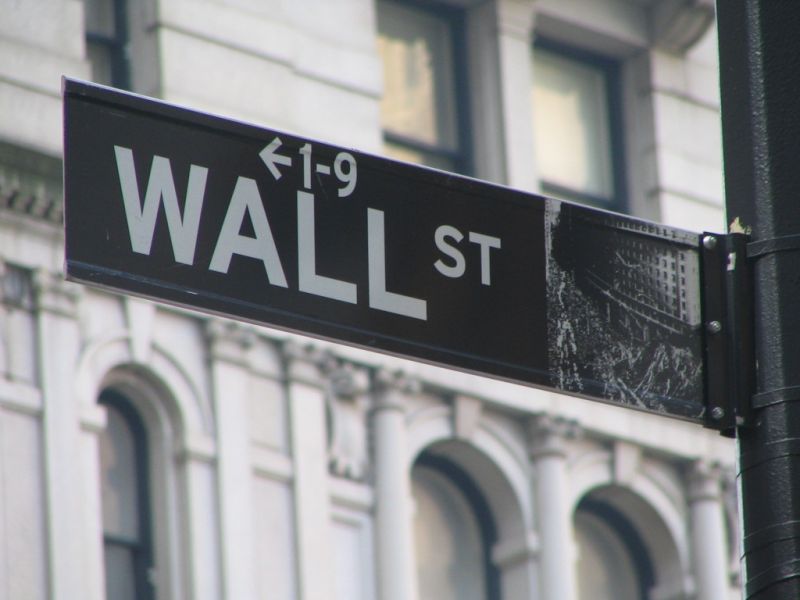|
|
||
|
Pro Tools
FILMFESTIVALS | 24/7 world wide coverageWelcome ! Enjoy the best of both worlds: Film & Festival News, exploring the best of the film festivals community. Launched in 1995, relentlessly connecting films to festivals, documenting and promoting festivals worldwide. Working on an upgrade soon. For collaboration, editorial contributions, or publicity, please send us an email here. User login |
Spirit Of The Sixties Lives On In Woodstock
As you walk along the Main Street of Woodstock, New York, it is often hard to tell which decade you are in. Peace signs, hippie clothing and psychedelic posters dominate the storefronts and the streets are filled with women with impossibly frizzy hair and men still wearing plaid shirts and bellbottom jeans. The music that spills out of the street is more 1960s rock than current urban hip hop…..in short, the spirit of dissidence, individuality and questioning of the institutional status quo are still very much alive…..and that is a good thing.
However much Woodstock looks longingly back at those times, there is also a forward-looking sensibility that includes strong environmental, social and political concerns of the moment. Woodstock, by its very nature, attempts to harness the strong winds of change of the 1960s as a continuing catalyst for change in our own times. This is evidenced in the programming choices at the Woodstock Film Festival, which has a fetish to look lovingly back at those times and connect the dots to the need for continued activism in our own.
The Festival believes in the adage (as do I) that unless you know where you come from, you cannot possibly know where you are going. Therefore, there are a substantial number of films that offer a perspective on the turbulent decade of the 1960s, including ways that events foreshadowed the decade in the post-war period, and how it has become manifest in the three years since the election of Richard Nixon in 1972 officially brought the “flower and love” decade to an end.
Many of the films focus on individual artists whose lives embodied that spirit of political awareness and personal growth. WILLIAM S. BURROUGHS: A Man Within by Yony Leyser, brings us the fascinating story of the genius junkie whose ground-breaking novels NAKED LUNCH and QUEER, written in the Eisenhower-era of the 1950s, presaged the revolutionary literature and political awakening of the decade to come. Another early revolutionary was writer Grace Paley, whose poetry, essays and short stories revealed the discontent beneath the American dream of the complacent 1950s and mined the welling of the desire for change in the decades that followed. In GRACE PALEY: COLLECTED SHORTS by Lilly Rivin, the filmmaker celebrates both Paley’s literary gifts plus her vocal and public opposition to war, nuclear proliferation and the second-class citizenship of women that has served as an inspiration to both her fellow authors and to her loyal readership.
That self-awareness of the need for personal liberation is wonderfully detailed in BEAUTIFUL DARLING: The Life And Times of Andy Warhol Superstar Candy Darling, directed by James Rasin, a loving portrait of the drag diva who lived out her fantasy of being a female superstar in the entourage of seminal artist and provocateur Andy Warhol. In many ways, Darling captured the very essence of the period……transforming himself from a repressed teenage boy who grew up in the New York suburbs in post-war conservatism to discover his/her brash self as an actress of the stage and experimental film who lived the dream of personal and professional liberation.
New York as a beacon of individuality and anonymity at the same time also provided a clarion call for John Lennon. Fed up with the Beatlemania that had overwhelmed both his personal and professional life in England, Lennon moved to New York City in 1971 with his new wife Yoko Ono and became the introspective and politicized artist we now revere. In LENNON NYC, directed by Michael Epstein, the heady years when New York and Lennon were alive with artistic imagination are wonderfully brought to life.
Much of what haunted America in those years, and served as a seed for revolutionary zeal, was the Vietnam War. Opposition to the conflict, which brought people into the streets in active defiance of the powers-that-be, galvanized the zeitgeist in ways that seem hard to capture in our own era. However, the unresolved echoes of that War still resonate, as is evidenced in the excellent documentary THE DISAPPEARANCE OF MCKINLEY NOLAN by director Henry Corra. This fascinating film tells the story of Private Nolan, who disappeared on the Vietnam/Cambodia border in 1970. Was he captured by the enemy? Was he a “traitor” who defected to the other side? Was he a CIA operative who was killed once his cover was blown? These and other provocative questions arise as Nolan’s relatives continue to push for an adequate answer to what happened to him, while reviving the pain and passion of America’s most costly and unfortunate folly (until our present wars in Iraq and Afghanistan).
The Sixties come most alive when we listen to the music that was created in that turbulent but highly creative decade. The “sounds of the sixties” still resonate and has inspired musicians to this day. One of the early influences on what came to be called “protest music” was songwriter/performer Phil Ochs. In Kenneth Bowser’s revealing PHIL OCHS: There But For Fortune, the songwriter/activist of such powerful songs as “I Ain’t Marching Anymore” is revealed as much more than a callow folk singer. He helped to infuse popular music with a political perspective, never afraid to challenge the status quo, despite the pressure that was brought to bare on him by the government and his record label.
That same pressure exists to this day and is explored in powerful terms in SOUNDS LIKE A REVOLUTION, an inspirational documentary by Summer Love and Jane Michener. Looking back to the music that emerged from the social movements of the 1960s and 1970s, the filmmakers draw a direct correlation with the music of the moment. Contemporary artists across the musical spectrum, from folk rock to punk to country to hip hop, recount their motivations and struggles in a post-911 environment where dissent is quashed in the name of “national security” and where censorship is rampant. Featuring telling interviews from such musical artists as Steve Earle, Henry Rollins, David Crosby, Ani Di Franco, Pete Seeger, Michael Franti, The Dixie Chicks, Justin Sane and Paris, the struggles of getting one’s music heard in a suffocating corporate environment are laid out in horrific detail. However, with the advent of independent record labels and the power of the internet to promote new music and to collectivize feelings of discontent via social networking , the future of “rebel music” looks surprisingly hopeful as the traditional record industry continues to disintegrate. The anarchic spirit of the 1960s, which openly questions authority and revolts against stifling institutionalism, lives on in Woodstock.
Sandy Mandelberger, Festival Dailies Editor
03.10.2010 | FilmNewYork's blog Cat. : actress America Andy Warhol Andy Warhol Andy Warhol Superstar Ani Di Franco Artist Cambodia Candy Darling Catskills Central Intelligence Agency Chicago Seven Contemporary Culture David Crosby Director editor Entertainment Entertainment Festival Dailies Fortune Grace Paley Henry Corra Henry Rollins Iraq James Rasin Jane Michener John Lennon John Lennon Justin Sane Kenneth Bowser Lilly Michael Epstein Michael Franti Music New York New York New York New York City operative Paris Person Career Pete Seeger Phil Ochs Phil Ochs Richard Nixon Sandy Mandelberger singer songwriter songwriter /activist Steve Earle Summer Love Technology Technology The Beatles The Dirty Mac The Life And Times The Life and Times the Woodstock Film Festival United Kingdom US Federal Reserve Vietnam Woodstock Woodstock Woodstock Film Festival writer Yippies Yoko Ono FESTIVALS
|
LinksThe Bulletin Board > The Bulletin Board Blog Following News Interview with EFM (Berlin) Director
Interview with IFTA Chairman (AFM)
Interview with Cannes Marche du Film Director
Filmfestivals.com dailies live coverage from > Live from India
Useful links for the indies: > Big files transfer
+ SUBSCRIBE to the weekly Newsletter Deals+ Special offers and discounts from filmfestivals.com Selected fun offers
> Bonus Casino
User imagesAbout FilmNewYork Mandelberger Sandy Mandelberger Sandy (International Media Resources) The Ultimate Guide to the New York Film, Video and New Media Scene. View my profile Send me a message The EditorUser contributions |




























